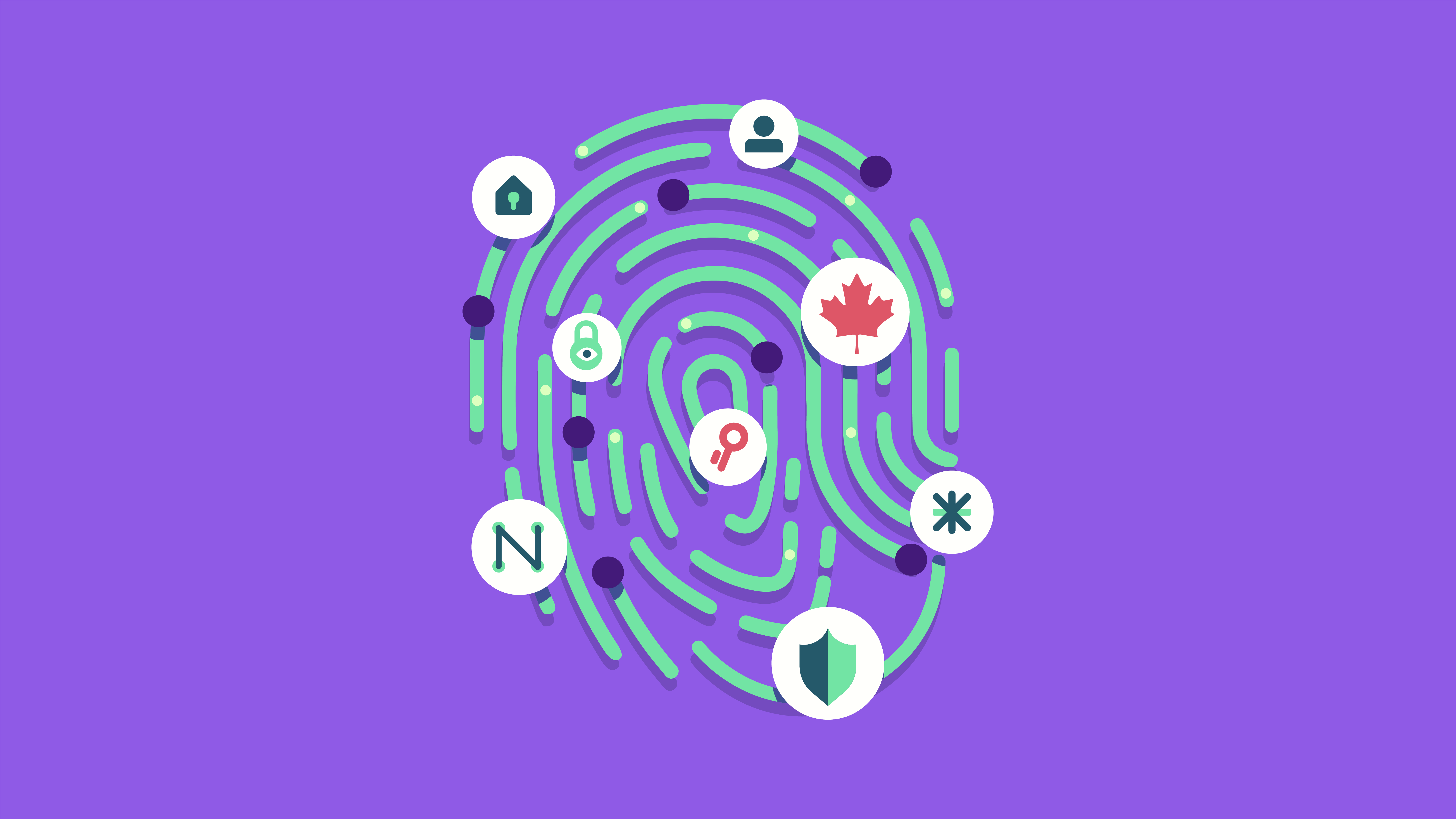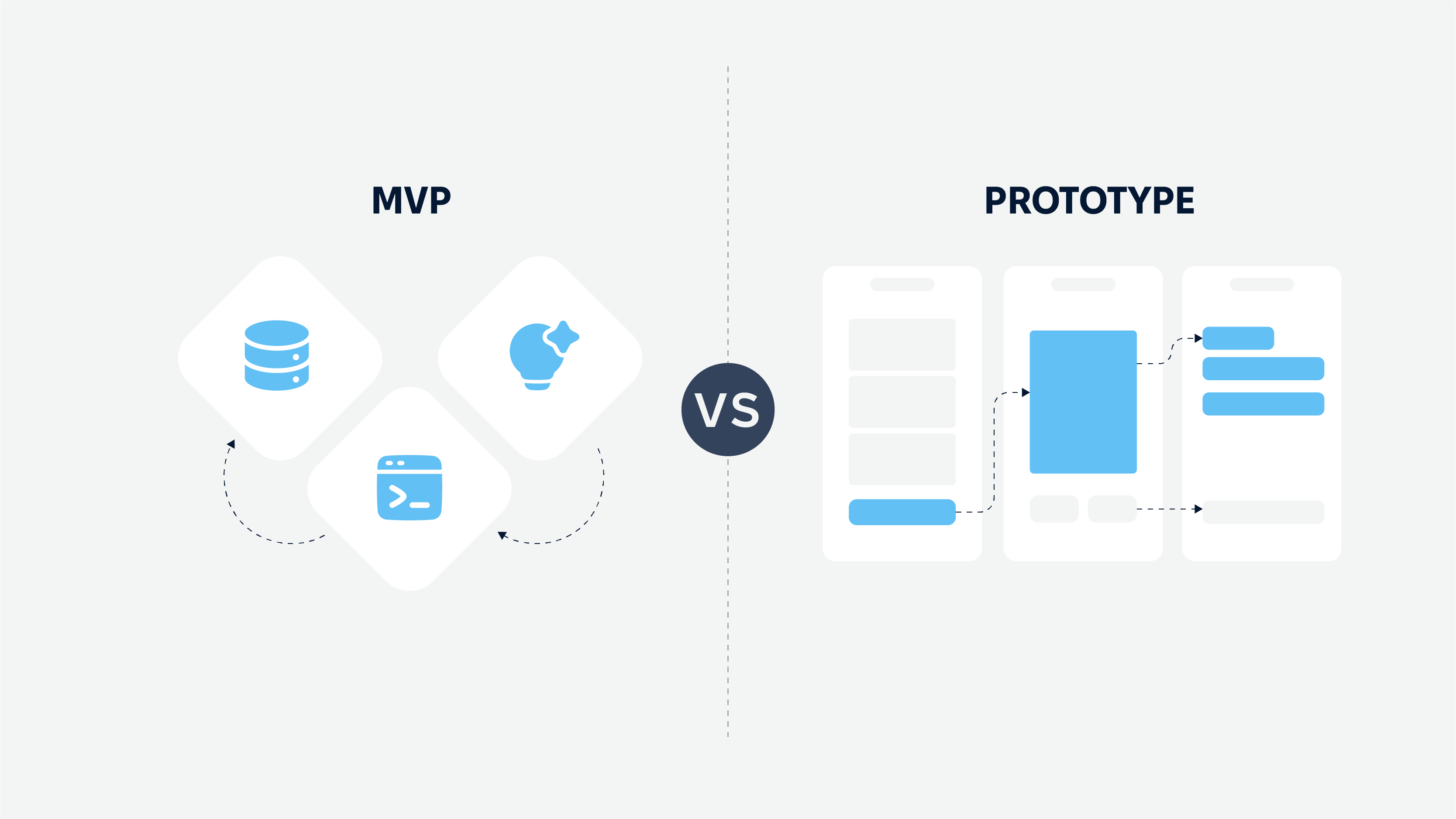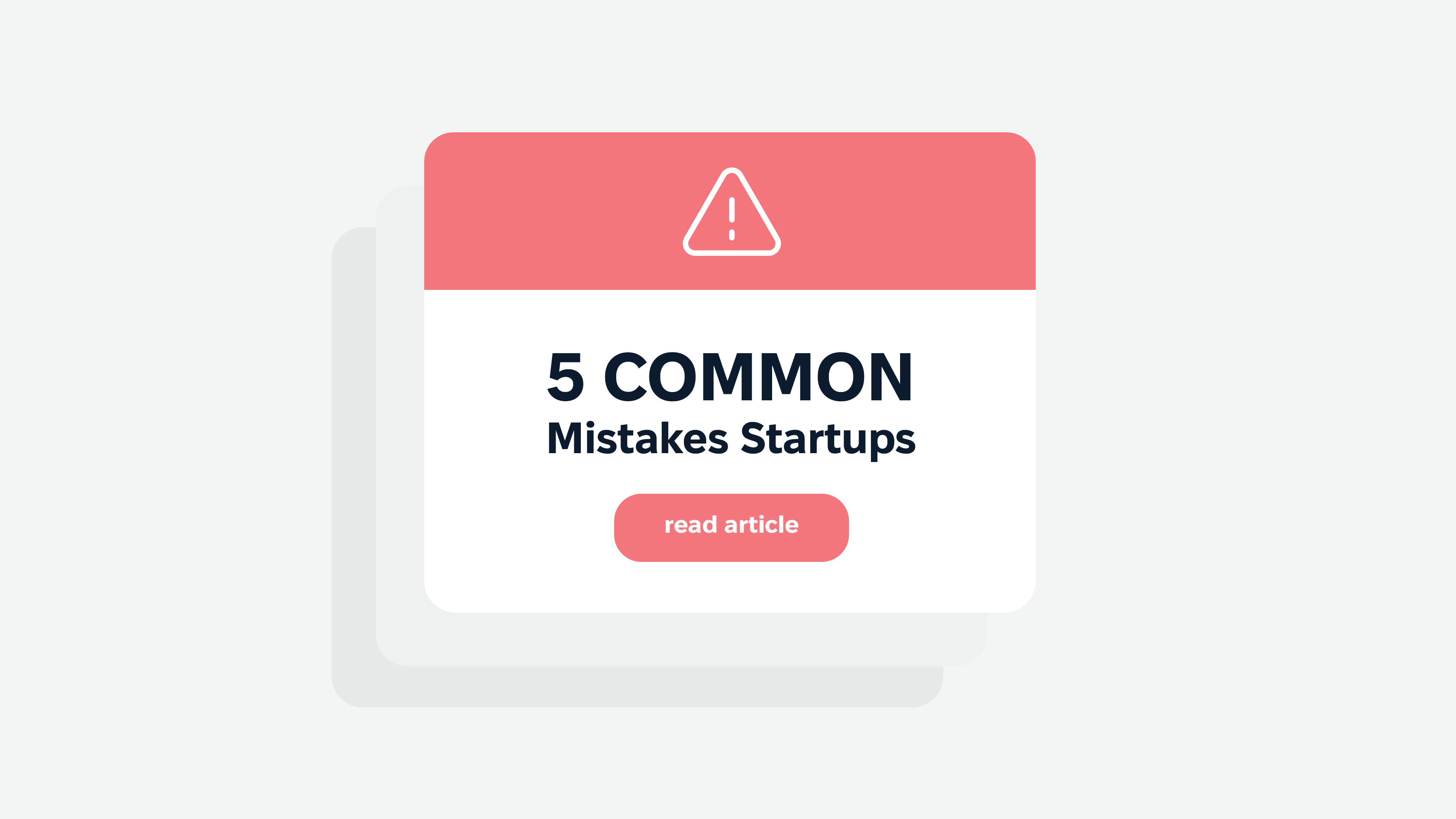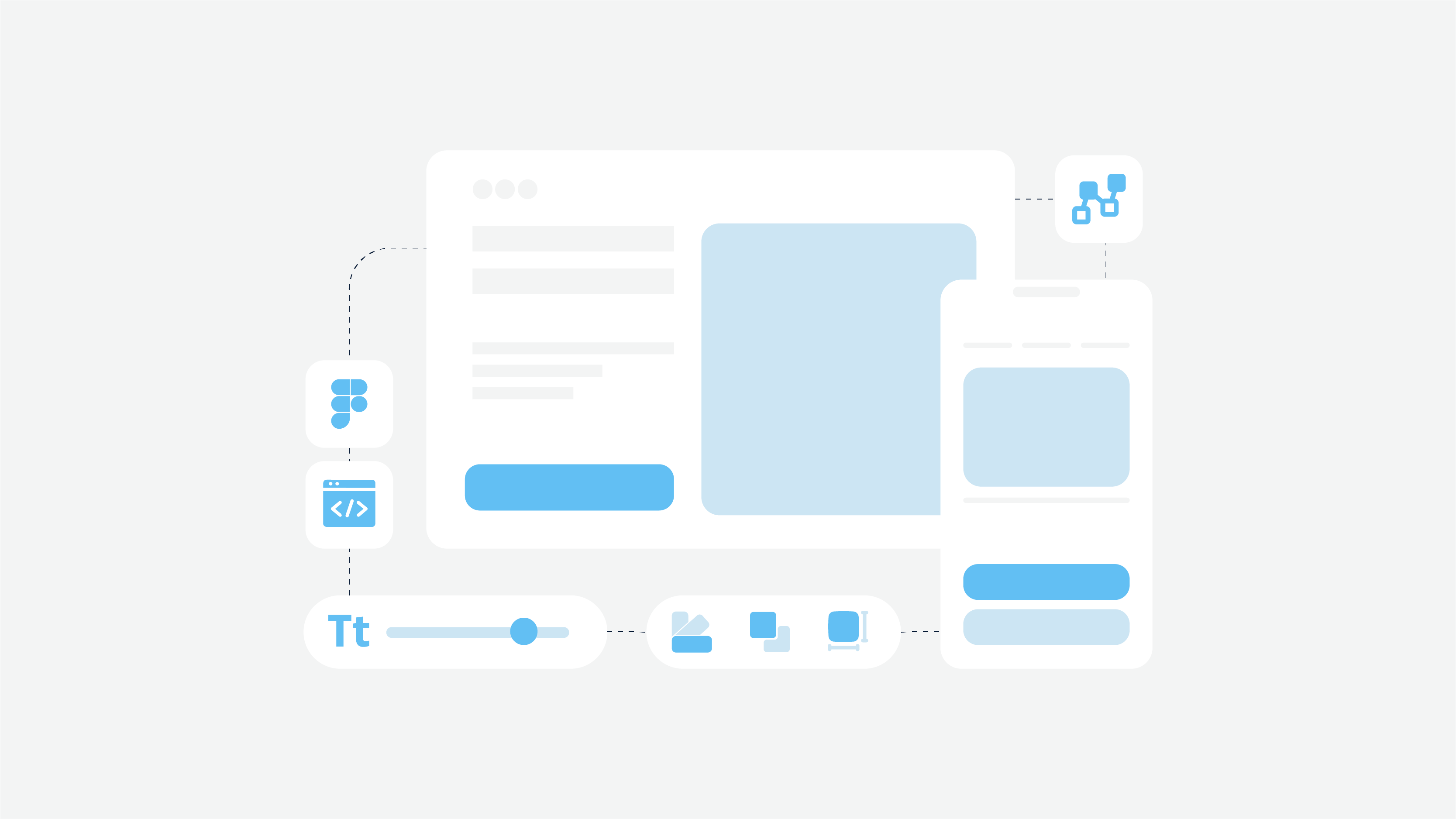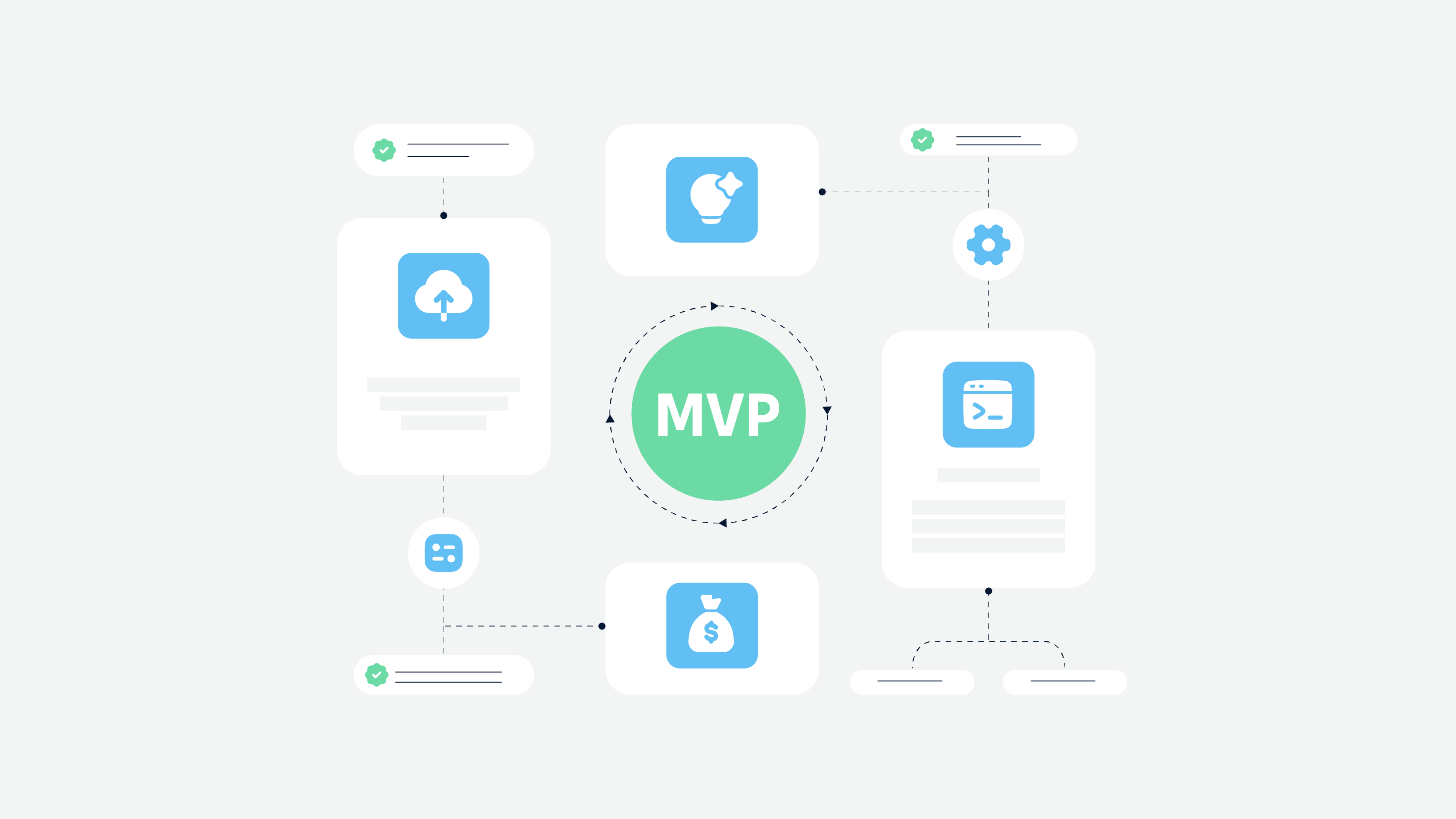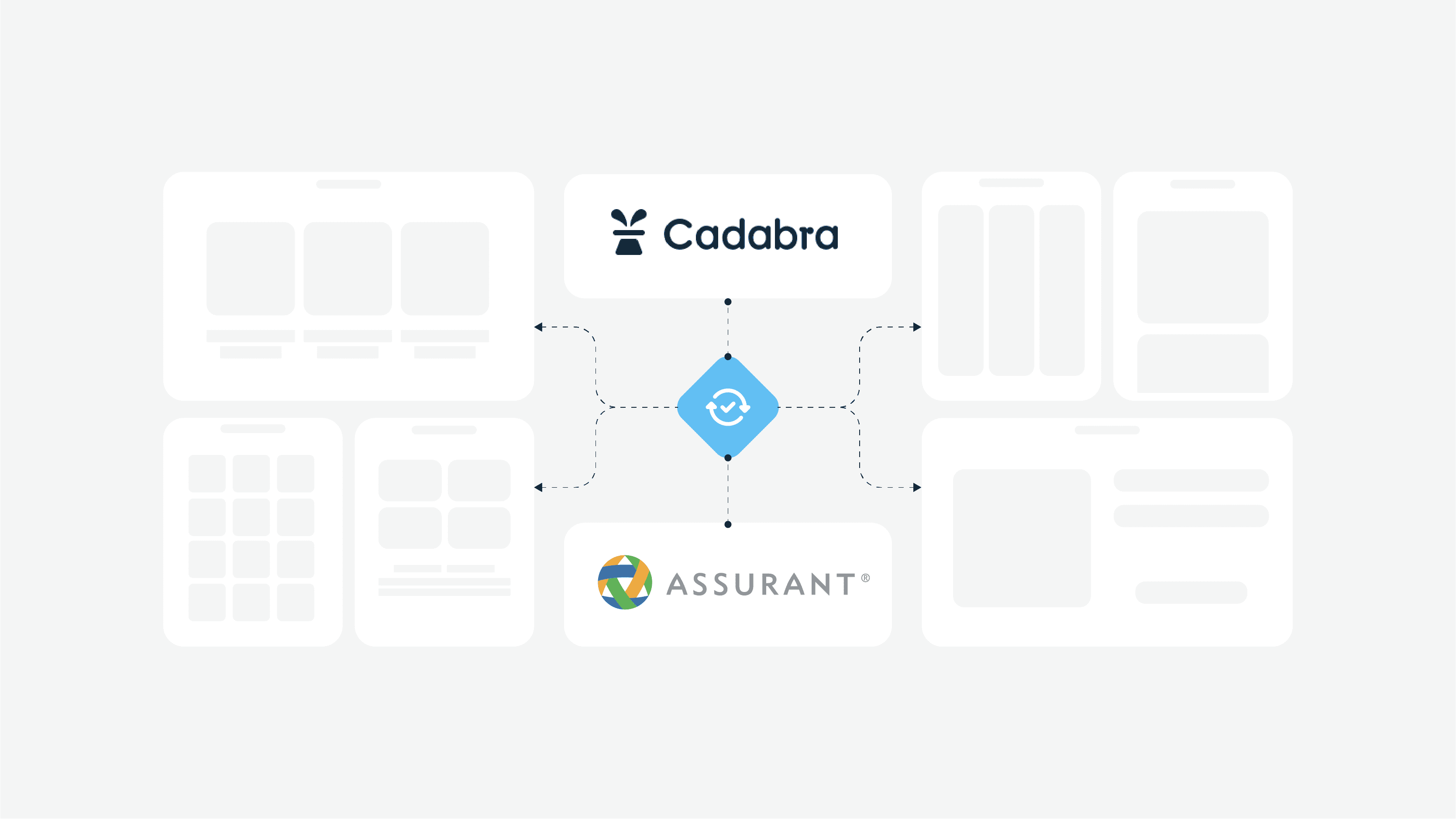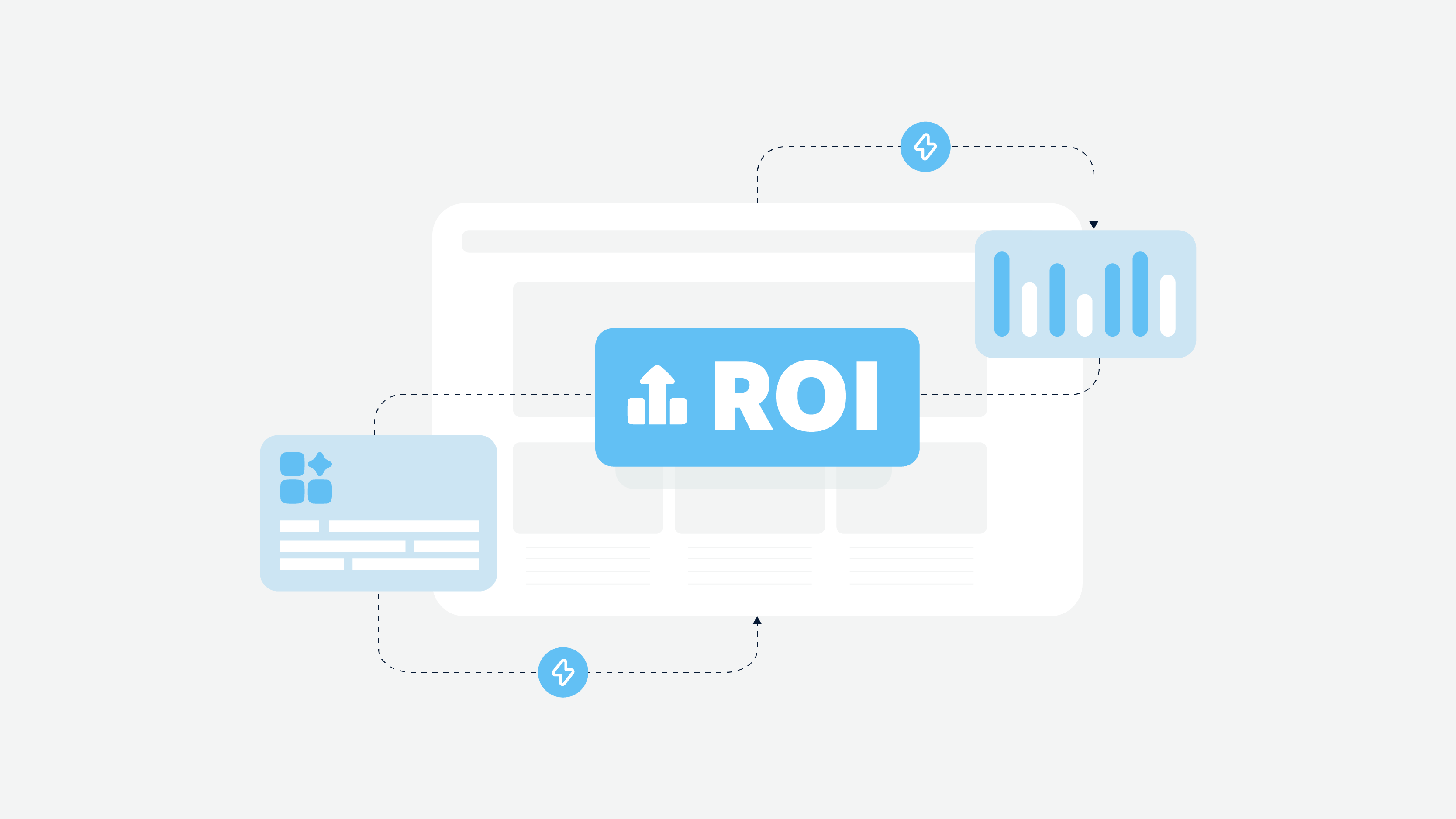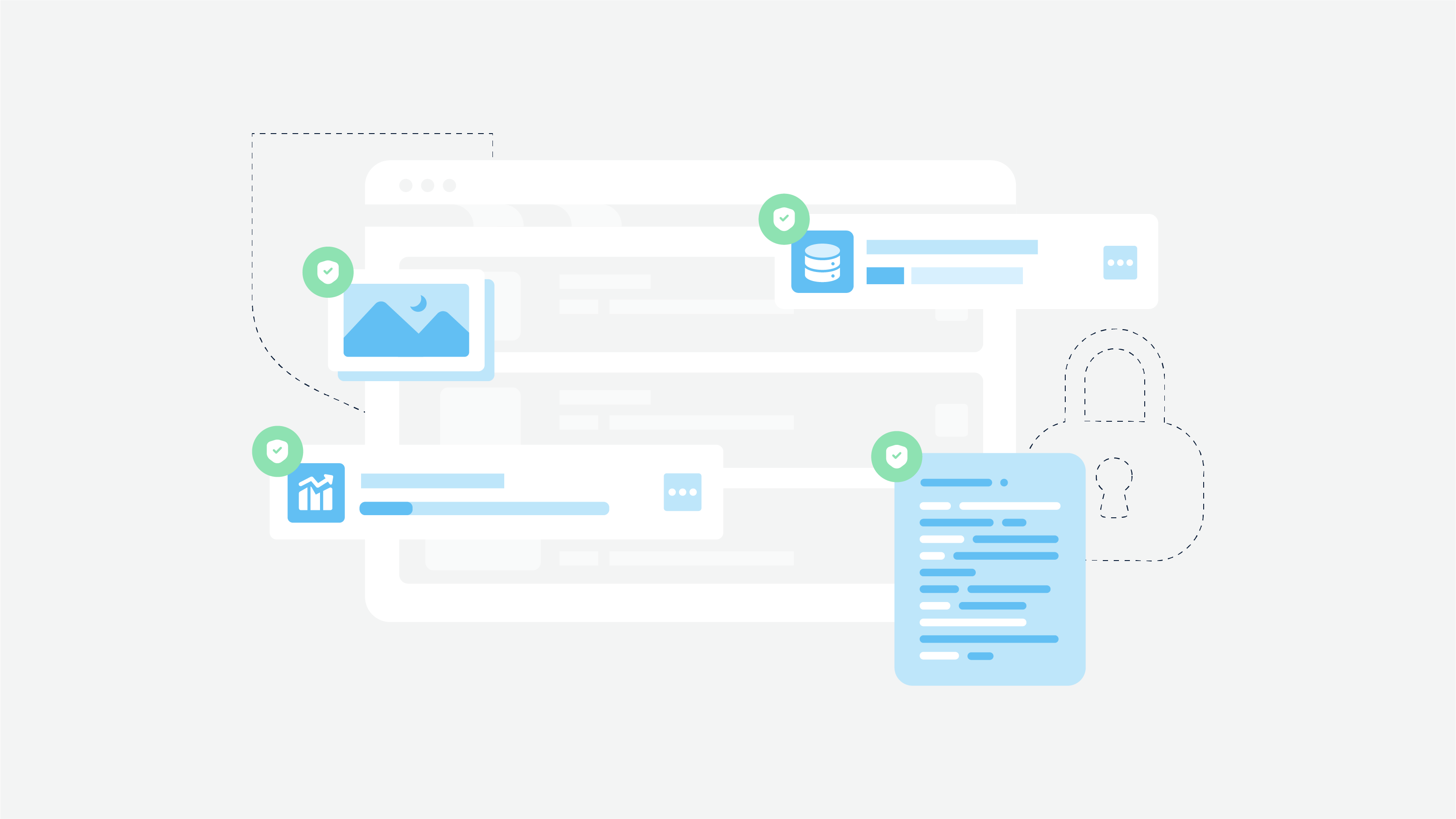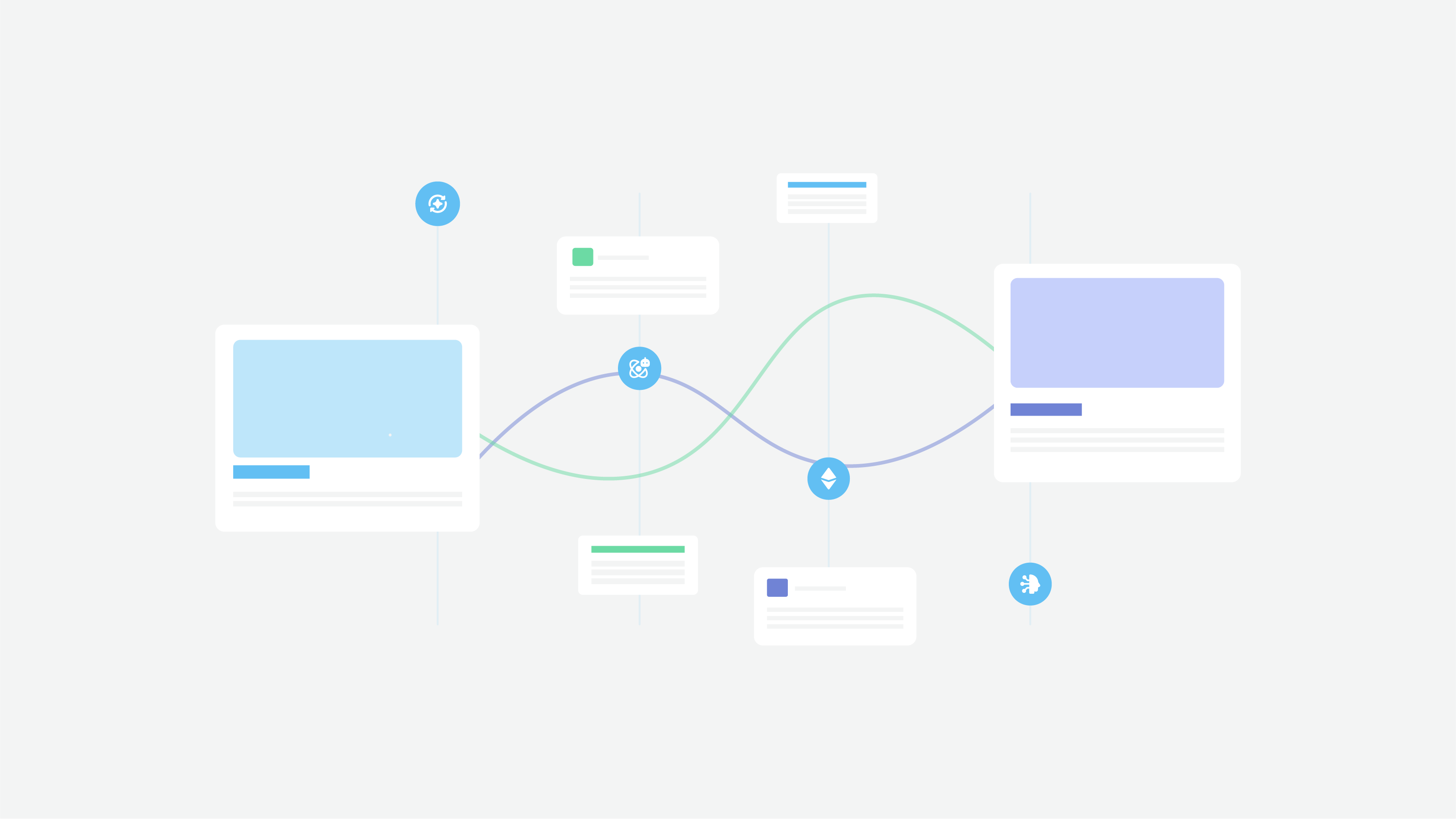Each region has a set of essential regulations for all businesses that process the personal data of users. If you have already visited our blog, you’ve come across articles about GDPR, CCPA, HIPAA. These regulations act in various world regions, and they are related to different business niches.
But there is another regulation we also want to cover. It is called PIPEDA, and it is working in Canada. When it comes to data protection and privacy regulations, businesses must navigate a very complex landscape to stay afloat. Apart from the well-known regulations such as GDPR, CCPA, and HIPAA, there are country-specific regulations that companies need to be aware of.
One such regulation is PIPEDA (Personal Information Protection and Electronic Documents Act), which is specific to Canada. For mobile app and web development companies operating or planning to expand their operations in Canada, understanding and complying with PIPEDA is crucial.
This article will explain what PIPEDA is, how to become PIPEDA compliant, and other important information if you plan to launch your business in Canada. We will also delve into the details of PIPEDA, providing guidance for web development teams on how to navigate the Canadian privacy landscape to protect your customers’ data and maintain trust in your business.
If you are looking for the best company in the USA & Canada, you are in the right place.
Read this article till the end, it will help you to understand your question.
Better yet, sign up for a free consultation with our software development experts.
What Is PIPEDA Compliance?
For a start, we need to explain what the PIPEDA abbreviation stands for. PIPEDA is the Personal Information Protection and Electronic Documents Act. This is the federal law that applies to Canadian businesses. It covers the gathering, usage, and disclosure of personal information within the commercial activity on almost all Canadian provinces’ territory.
PIPEDA aims to establish rules for collecting, using, and disclosing personal information by private sector organizations in Canada. It sets out principles that organizations and web developers must follow to protect clients’ personal data. Compliance with PIPEDA involves implementing robust privacy policies, getting approval for data collection and use, maintaining appropriate security measures, and providing people with access to their personal information.
Why not all provinces? Additional similar regulations related to information protection work in Alberta, Quebec, and British Columbia. PIPEDA also regulates the transfer of personal information between countries and provinces.
The PIPEDA regulation was created in April 2000. And first, it was a law that regulated trust in the eCommerce field. Then, in January 2004, the PIPEDA regulation was widened, and it became a federal privacy law for organizations of such private sectors as banking, healthcare, broadcasting, eCommerce, etc.
The main rules of PIPEDA claim that a person has the right to have permanent access to all personal information used by a specific organization. All persons should know who collects their personal information, the purpose of collection, and whether the collected data is accurate or not.
Key takeaways
- PIPEDA stands for the Personal Information Protection and Electronic Documents Act, which is a federal law that applies to all Canadian businesses, including web developers. Every company providing web development services should pay attention to these regulations.
- PIPEDA establishes rules for collecting, using, and disclosing personal data by private sector organizations in Canada. You should pay attention to this during the web development process.
- Compliance with PIPEDA involves implementing robust privacy policies, obtaining permission for data collection and use, maintaining appropriate security measures, and providing people with access to their personal information.
- PIPEDA applies to commercial activities in almost all Canadian provinces (additional regulations exist in Alberta, Quebec, and British Columbia).
- This regulation was initially introduced in 2000 to regulate trust in the eCommerce field and was expanded in 2004 to become a federal privacy law for various sectors and industries, including banking, healthcare, fintech, etc.
- Under PIPEDA, people have the right to access their personal data, know precisely who collects it, understand the purpose of collection, and ensure the accuracy of this data. Every mobile app or web developer should consider it.
Qualified consultation before software development plays a crucial role. Do you need our assistance? Contact Cadabra Studio right now.
What is the Personal Information of PIPEDA?
The PIPEDA law classifies personal information as any information that collects the following data about each individual:
-
Name, age, financial data, ID number;
-
Ethnicity, nationality, or race;
-
DNA;
-
Blood type;
-
Marital status;
-
Comments, social status, opinions, assessments;
-
Employment, education, and medical records;
-
Driver’s license, social insurance number;
-
Credit history and loan files.
As you can see, if you want to build a healthcare app, financial app like mobile-only banking, or any other app that requires the processing of personal data — you must ensure PIPEDA compliance.
If you want to know how to create a healthcare app, you will find a healthcare app development guide in our blog. As for banking app development — there is an article about mobile-only banking software creation.
However, there are some types of data that don’t fall under the PIPEDA rules. For example, when federal authorities listed under the Privacy Act process personal data (an active law in Alberta, British Columbia, and Quebec).
When a company’s management team collects employees’ contact data for individual use only — they don’t need to comply with the PIPEDA act.
When one person gathers, processes, or shares the information only for individual purposes.
Or when the company uses and gathers personal information for journalistic or artistic purposes only.
Is PIPEDA Active In All The Territory Of Canada?

PIPEDA is active around the whole Canadian region, but some provinces have the right not to make their businesses compliant with PIPEDA if they fall under similar privacy legislation. Thus, these provinces are exempted from the PIPEDA compliance.
As we noted above, provinces like Quebec, British Columbia, and Alberta use local laws that stipulate personal information processing, protection, and usage. So if you create a business that will work in one of these provinces, you should know everything about local laws.
But don’t think that local legislation is more light and clear. For example, the privacy policy in Quebec is more demanding than PIPEDA law includes.
As for international business, foreign companies must follow all PIPEDA rules. Even if the company is represented online only, it must get PIPEDA certification and abide by all regulations.
Why Is PIPEDA Compliance Essential?
In today’s digital landscape, where data breaches and privacy concerns are on the rise, especially in web development, protecting personal information has become a top priority for every app or web development company. It is not only a legal requirement but also a crucial aspect of maintaining trust with customers and stakeholders. In Canada, PIPEDA is a key legislation, and it is important to add this compliance to the request for proposal.
Let’s take a closer look at why this compliance is critical for every application and web development process in particular.
Data protection and user privacy
Software development companies and web developers often deal with huge amounts of personal data, from customer information to user behavior or financial analytics. PIPEDA compliance helps ensure that this sensitive data is highly protected throughout its lifecycle, from collection to storage and processing.
Web development companies can mitigate the risk of data breaches, unauthorized access, and information leaks by implementing appropriate security measures and data protection practices, such as encryption, access controls, and regular audits. Moreover, respecting and protecting clients’ rights help web developers and business owners demonstrate their commitment to data privacy, encouraging trust among their user base.
Legal obligations
One of the main reasons why PIPEDA compliance is essential for companies and web developers is the legal obligation it imposes. This regulation document sets clear guidelines and standards for handling personal data, including safeguards and disclosure practices.
By complying with it, businesses ensure that they adhere to the law and avoid potential legal consequences, such as fines and legal actions, which can significantly impact their operations, reputation, and financial success. This is especially important for fintech software products development when web developer deal with sensitive financial information.
Competitive advantage
PIPEDA compliance can give web development companies a competitive advantage in an increasingly privacy-mindful world. By prioritizing data protection and privacy, application and web developers can differentiate themselves from competitors who may still need to implement robust privacy measures.
Privacy-conscious customers are likelier to choose products and web development businesses that are committed to safeguarding their information, especially when handling sensitive data or dealing with apps involving financial transactions, healthcare, logistics, or other sensitive industries.
Moreover, PIPEDA compliance can impact a business’s market positioning, and every web developer contributes to this. It signals that the company takes privacy seriously, instilling confidence in customers and stakeholders. Standing for solid data protection practices can attract new clients, retain existing ones, and build long-term trust-based relationships.
Data transfers and reliable partnership
Software or web development companies often engage in international data transfers, collaborating with partners or serving clients from different geolocations. PIPEDA compliance can play a crucial role in facilitating these data transfers, especially when interacting with countries with privacy agreements with Canada.
Thanks to full compliance with PIPEDA, web developers can streamline the process of transferring personal data, ensuring that the company operates within legal boundaries and protects the users’ privacy, regardless of geographic location. So every mobile app or web developer should consider it during the product development process.
So, as you can see, for every organization, including web development companies, PIPEDA compliance is not just a strict legal obligation but a critical component of building trust, protecting users and enterprise data, and maintaining a competitive advantage in the market.
By embracing such privacy regulations, implementing strong data protection measures, and respecting clients’ privacy rights, web development companies can enhance their reputation and mitigate legal risks, and every web developer can create an environment where privacy and data security are top priorities.
So, Who Must Be PIPEDA Compliant?
Now you want to know precisely whether your company must be PIPEDA-compliant or not. As stated in Canadian law, all organizations that are not federally regulated must comply with PIPEDA regulation if they gather, process, or disclose personal data during commercial procedures. However, federal organizations are also PIPEDA-compliant if they use employees’ information for commerce.
Determining whether your web development or other business falls under PIPEDA compliance is crucial. Generally, this regulation document applies to organizations that collect, use, or disclose personal data as part of their commercial activities.
This includes a wide range of app or web development companies, such as those that create mobile applications, web platforms, or cloud-based services that handle sensitive user information. Whether you are a small startup, an independent web developer, or a large enterprise, if your product involves the processing of personal data in Canada, it is essential to ensure PIPEDA compliance.
Based on those above, almost every app that uses personal data will be PIPEDA-compliant on the Canadian territory or compliant with a local data protection law that is in force in one of three provinces (as we described in the section above).
PIPEDA Compliance Checklist

What should you do to make your business PIPEDA-compliant? You must get acquainted with ten principles PIPEDA includes. Also, we recommend you ensure that your business follows all these principles and use the self-assessment tool that is available on the official website of the Privacy Commissioner of Canada.
We will list all ten principles to provide you with the PIPEDA compliance checklist.
-
#1. Accountability. Your privacy policy is complete, and you let all users know that you are fully responsible for storing and processing their data. You need to hire a specialist who will control the fulfillment of all PIPEDA regulations.
-
#2. Identifying purposes. When you gather data or plan to do it, you must notify users about the reasons for this kind of activity. Simply put, why you do it.
-
#3. Consent. You cannot start any activity without the prior consent of a user. Thus, users should be notified that their data will be collected, and they need to give their consent for it.
-
#4. Limiting collection. The information collected must be limited to specific purposes you do it for.
-
#5. Limiting use and disclosure. You cannot use or disclose the users’ information for purposes other than required for a specific activity type.
-
#6. Accuracy. All customers’ data must be complete and accurate. So it is essential to make sure that the information is up to date when you process it.
-
#7. Safeguards. Your users must feel safe. Thus, you need to show them that all appropriate safeguards are used to protect their sensitive information from malefactors.
-
#8. Openness. Customers should always be able to get acquainted with the security practices you use, reasons why you use and disclose their information, etc. All their questions that concern their data processing should be answered immediately.
-
#9. Individual access. All users have the right to request all information about their information you process, and you must provide them with it within 30 days. If they find some data to be inaccurate or outdated, they can demand to update it within the shortest possible time.
-
#10. Challenging compliance. If users have any concerns about your company’s PIPEDA compliance, they can create a claim and send it to the appropriate government organization. After the investigation, the user will receive a detailed report containing investigation results.
These all ten principles your business must follow to become PIPEDA-compliant in Canada and get a PIPEDA compliance certificate. It is recommended that you hire an officer who will inspect your business processes and help you ensure compliance.
It will also be crucial to build a risk management team that will work with users’ complaints, update their data when necessary, and resolve all arising issues. Yes, it will require additional investments, but you will be able to avoid permanent investigations made by the Privacy Commissioner Officer since users will contact your support team in case of any disputes.
Is your future software complicated? Should it be compliant with different government regulations? You need the assistance of an experienced development team that knows how to implement it. Contact Cadabra Studio for software development!
PIPEDA Data Security Compliance
You need to protect all sensitive information from unauthorized access, so you should check your privacy policy and provide customers with comprehensive transparency in your cooperation. Start with a consent your users must give for their information processing.
Don’t forget to train your team to communicate with customers and know everything about privacy protection.
Restrict the access to private information for anyone who doesn’t need to see it.
It is recommended not to request sensitive data like driver’s license or PIN unless it is required in a specific case.
Respond to any user’s request concerning information processing as soon as possible and make sure that users know a contact person they can communicate with.
If any breach occurred, mind to notify users about it as soon as possible and take appropriate action to remedy all violations.
PIPEDA Violation Consequences
Following the last tip we provided in the previous section, it will be essential to explain what violation consequences exist if any data breach occurs.
If your company violates PIPEDA requirements of data protection and breach reporting, it may be fined up to CAD 100,000 per one violation.
It is worth noting that until 2018, all reports about data breaches were voluntary. Today you must report all violations and breaches that may harm users’ personal data. Moreover, all records about breaches must be kept by your company within two years (24 months). Non-compliance with these rules will be the reason for additional fines and restrictions for your company.
Important! Remember that you must notify users and the Office of the Privacy Commissioner of Canada as quickly as possible after the data breach discovery. Otherwise, your business will be at risk.
Apart from administrative penalties, criminal prosecution is also possible. If you purposely destroy the information when you receive a request to investigate this information. Furthermore, deliberate non-compliance with PIPEDA requirements will also be the reason for criminal prosecution. Finally, if you knowingly ignore the investigation when you receive the complaint — it is a criminal offense.
PIPEDA AWS Compliance

Many business owners have concerns regarding the utilization of cloud infrastructure like AWS (Amazon Web Services) in the territory of Canada. They want to know how to use AWS solutions along with PIPEDA compliance. Won’t it be a problem? Let’s find it out.
Since AWS doesn’t know what type of information customers upload to servers, and AWS cannot identify what data falls under the PIPEDA application, customers are responsible for PIPEDA compliance themselves.
Thus, you can use this cloud infrastructure easily and follow all PIPEDA regulations according to your business particularities. You can precisely control all data stored in the AWS cloud. But if you have any questions, specialists from AWS Canada Region are always available to help you solve all issues. Their qualification level will be enough to help you achieve a high security and protection level and ensure compliance with existing legislation, including PIPEDA.
Differences Between PIPEDA And GDPR
We think that it is necessary to explain what differences PIPEDA and GDPR have. These regulations work not only in different regions, but they are not the same as well. Some people may confuse these regulations, that is why we have prepared their main differences.
-
Consent for data processing. PIPEDA-compliant companies can receive explicit or implicit consent, depending on their decision. But the GDPR requires explicit consent only.
-
Extraterritoriality. The GDPR contains an extraterritoriality clause describing data processing particularities by companies outside the EU. In PIPEDA, there is no similar clause.
-
Applicability criteria. The GDPR applies to anyone (company or person) who processes, uses, and discloses EU citizens’ sensitive data. In contrast, PIPEDA works only when personal information is used for commercial purposes.
-
Right to be forgotten. Users in the EU may request their data deletion if they want. This clause is not stipulated in PIPEDA.
-
Data breach notification timeframe. According to the GDPR, companies need to notify about a data breach within 72 hours once they discover it. PIPEDA requires companies to inform all involved parties as quickly as possible, but there is no specific time range.
If you want to know more about the GDPR, check the GDPR compliance checklist in our blog.
HIPAA vs. PIPEDA
We cannot ignore HIPAA and PIPEDA differences if you plan to create a healthcare app for Canada. HIPAA (Health Insurance Portability and Accountability Act) works in the USA, it helps protect personal health information, and it governs the security of healthcare software. All organizations that use healthcare software must be HIPAA-compliant.
As for PIPEDA in Canada, healthcare organizations that build software for their patients must be PIPEDA-compliant only if they use this data in commercial activity. If so, they must provide patients and physicians with permanent access to their data and detailed explanations of the reasons why this data is collected.
However, if you create a healthcare app for the Ontario province, there is legislation equivalent to HIPAA called PHIPA (Personal Health Information Protection Act) your app must be compliant with. And the main difference with PIPEDA is that all information gathered, used, and disclosed by health custodians (doctors, nurses, hospitals, labs, etc.) must apply to PHIPA, even if it is not performed for commercial activity. In comparison, PIPEDA relates to commercial activity only.
The article about HIPAA compliance will help you spell everything out.
Conclusion
In today’s digital landscape, where privacy concerns are at the forefront of user expectations, PIPEDA compliance is a critical legal requirement and a means to gain a competitive advantage. By demonstrating your commitment to protecting personal data and complying with strict regulations, web development businesses can invest in the trust and confidence of their customers. This helps every web developer to increase user engagement, customer loyalty, and a positive brand reputation.
PIPEDA compliance is also an opportunity for web development companies to establish themselves as trustworthy and reliable partners in the digital world. This way, businesses can protect their users’ privacy and build strong customer loyalty.
With the expertise and assistance of web development companies like Cadabra Studio, you can ensure that your software meets the necessary compliance standards and operates smoothly, providing a secure and reliable user experience.
Now you can start making your PIPEDA-compliant software. Ensure that your business follows all the principles of PIPEDA, and you won’t face any trouble. However, don’t forget that your business should have reliable software.
Why should you choose us and our web developers?
At Cadabra Studio, we understand the importance of compliance for any digital business, including app or web development. We have a dedicated team of web developers who are well-versed in PIPEDA regulations and are experienced in building secure and robust software solutions. Whether you need assistance ensuring PIPEDA compliance for your existing software or require end-to-end web development services from scratch, we are here to help.
As a troubleshooting company, we
- Resolve complex challenges and provide tailored solutions that align with industry best practices and regulatory requirements.
- Have a team of qualified web developers equipped with the knowledge and expertise to guide you through PIPEDA compliance.
- You can choose the most convenient model of cooperation, from hiring a web developer to a dedicated team.
- Address any concerns and ensure your software meets the highest data protection standards during the whole app or web development process.
- Every web developer in our team is an experienced and reliable professional who is open to communication.
- We can choose the best tech stack using comprehensive experience in different technologies and approaches, including Angular web development.
We will be pleased to assist you in achieving PIPEDA compliance during all web development processes while delivering innovative, reliable software solutions. We are dedicated to solving problems; every web developer in our company can help you navigate the intricate landscape of privacy regulations, so you can focus on what you do best – growing your business and delivering exceptional user experiences.
Cadabra Studio is always on duty, and we are ready to help you with compliance issues and software development from scratch. Not without reason, Cadabra Studio is a troubleshooting company. Contact us right now, and we promise that any problem will be solved. That is what we do.

